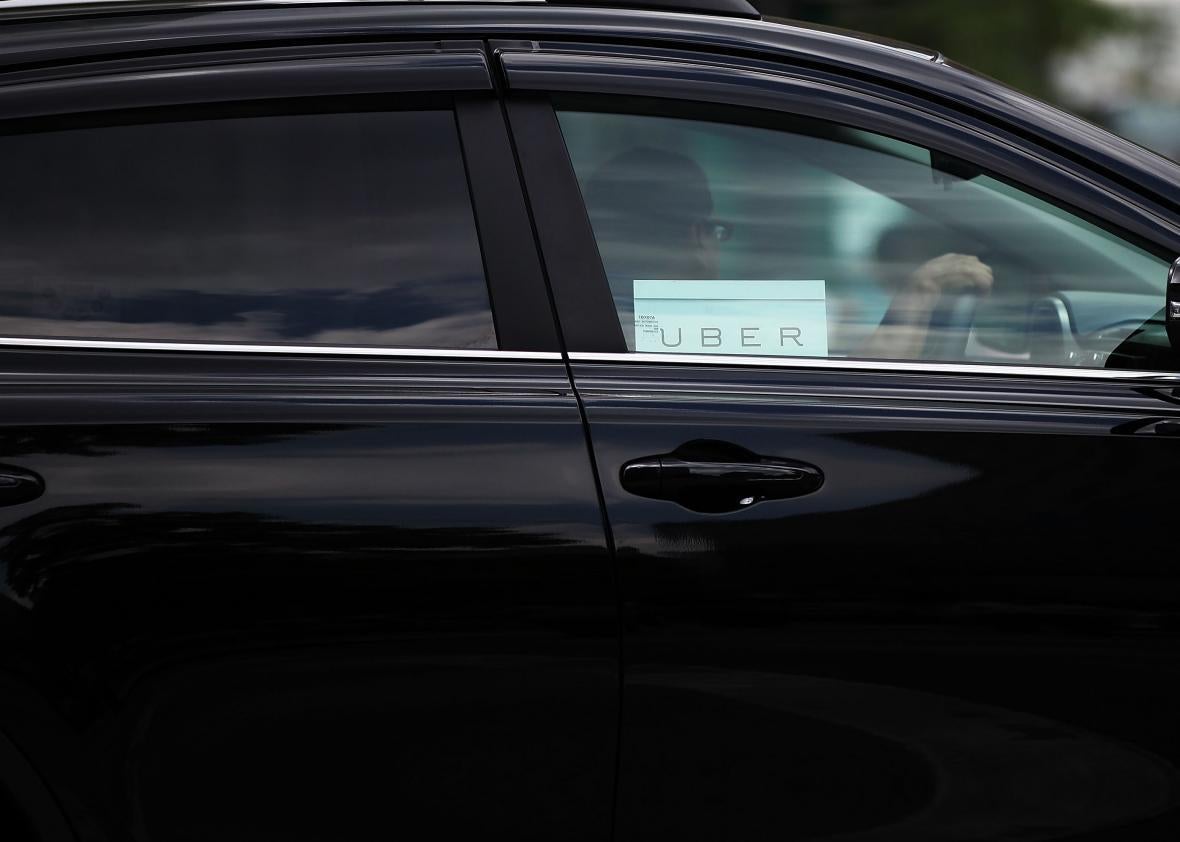Uber is fighting loudly these days to make sure its drivers remain classified as independent contractors rather than employees. The ride-hailing service is especially keen on keeping that issue out of the courtroom, as a precedent-setting lawsuit against the company could spell disaster for its business model, which relies heavily on its contractor drivers not getting the wages and benefits of employees. The company filed a motion earlier this summer asserting that a pending lawsuit against it does not deserve class-action status, and on Thursday, the company’s lawyers made aggressive arguments in front of a judge about why exactly the suit should not get class certification.
At the hearing, which took place in San Francisco and spanned roughly four hours, Uber brought forth declarations from 400 Uber drivers that they were perfectly happy being independent contractors and not employees. The company also made a bizarre comparison between drivers and journalists, in an attempt to highlight the freedom and flexibility drivers supposedly have as contractors. But the company’s main argument against the lawsuit obtaining class-action status was exactly the one it’s been making for months: Apparently, Uber has just changed its policies so much over the years that the 160,000 Uber drivers in California who would be affected by the suit have “little or nothing in common,” and thus cannot be lumped together in one class.
Edward Chen, the U.S. district judge who heard the arguments, said he wasn’t completely persuaded by Uber’s argument that its drivers prefer working as independent contractors. While 400 pieces of testimony from Uber drivers about their happiness is “impressive,” Chen said, it’s not as much so “when you measure that against 160,000 class members.” He pointed out that 400 drivers are only a tiny fraction of the 160,000 that could ultimately be affected from the suit, and that the declarations can’t count as proof that all—or even most—Uber drivers would prefer to be classified as contractors rather than employees. And the drivers’ interests are not the only ones at hand, Chen reminded the courtroom: Uber also has to follow proper labor code regulations and not disadvantage competitors by improperly labeling workers as something they are not.
Chen’s decision on whether the lawsuit deserves class-action status won’t come for several weeks. But it will be monumental for not just Uber. Many other on-demand companies are anxiously following the case, as its outcome could affect the fate of the entire 1099 economy.
